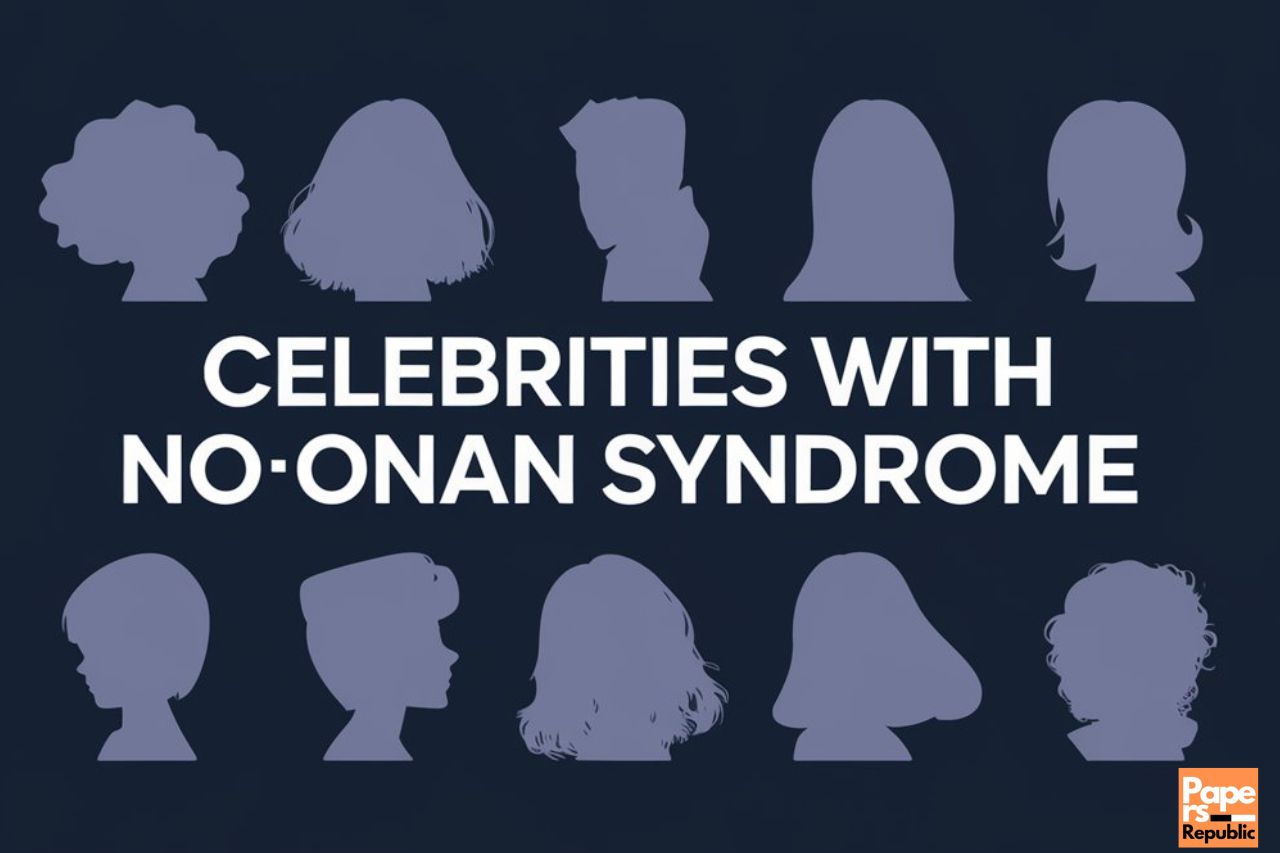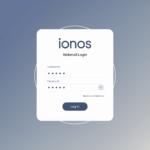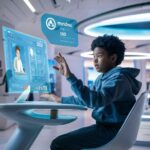What is Noonan Syndrome?
Noonan syndrome is a genetic disorder that can be caused by mutations in several different genes. It is generally identified by recognizable facial features, short stature and congenital heart problems. Developmental delays and failure to develop or gain body size may result in other symptoms. Despite these challenges, many individuals with Noonan syndrome lead fulfilling lives and achieve great things.
Its eponym comes from Dr. Jacqueline Noonan, a pediatric cardiologist who first recognized the disorder in the 1960s. Given its genetic nature, we have made decent strides in understanding Noonan syndrome over several decades and now it is Diagnosed earlier AND managed better.
Celebrities with Noonan Syndrome
It’s not common for celebrities to have Noonan syndrome but there are a few public figures who have been reported to have the condition:
- Paddy Considine: British actor, director and screenwriter known for roles in Hot Fuzz and The World’s End has spoken out about his life with Noonan syndrome. He was diagnosed later in life after years of dealing with the condition’s symptoms.
- Leah Carroll: Leah Carroll isn’t your typical celebrity, but her parents started blogging about what it was like to raise a daughter with Noonan syndrome and she became famous because of that. Her story is very inspiring, and this made her be featured in lots of media outlets.
- David Emanuel: A Welsh Fashion Designer famous for co-designing Princess Diana’s wedding dress, David Emanuel has also been said to have Noonan syndrome.
- Carly Ryan: Carly Ryan made headlines when she was murdered and the crime led to a law overhaul concerning online safety in Australia. She also had Noonan syndrome and the case has been featured prominently in a number of campaigns to educate people about the dangers of online predators and to raise awareness about the syndrome.
- Zac Rosscup: Zac Rosscup is an American professional baseball player who has played for teams like the Chicago Cubs and the Colorado Rockies. He has Noonan syndrome, and his success as an athlete has been an inspiration to many.
- Danny Gokey: An American singer and former “American Idol” contestant, Danny has not been diagnosed with Noonan syndrome, but he’s lent his voice to raising awareness of the condition and supporting those living with it through their advocacy for children born with congenital heart defects (a common problem in those suffering from Noonan). It has brought attention to the disease through his connection with the community.
Please be aware that Noonan syndrome is a medical diagnosis and not every individual affected choses to make it public. Therefore, the list of celebrities suffering from syndrome is short.
Does Ben Stiller have Noonan Syndrome?
No, Ben Stiller does not have Noonan syndrome. There is no credible information or evidence to suggest that Ben Stiller, the American actor, comedian, and filmmaker, has this genetic condition. Ben Stiller is known for his work in comedy and film, but he has not been associated with the syndrome or any other similar genetic disorder. However, Stiller was diagnosed with prostate cancer in June 2014 and was declared cancer-free in September 2014 following the surgical removal of his prostate.
Living with Noonan Syndrome
Life with Noonan syndrome presents its own challenges both medically, educationally and socially. It is essential to follow up regularly with healthcare providers who can monitor health problems like heart conditions or growth development. There are challenges, but people with the syndrome generally form strong support networks of family, friends and health care workers.
The career pathways for people with Noonan Syndrome are also largely impacted by education. Early intervention options can help immensely, as well specialized educations plans in certain areas. With appropriate assistance, most individuals with Noonan can do well in school and socially.
Further Resources
For those interested in learning more about Noonan syndrome and supporting advocacy efforts, consider exploring resources such as the Noonan Syndrome Foundation and related organizations. By staying informed and engaged, we can collectively work towards a brighter and more inclusive future for all.
You Might Like: Effective Ways to Keep Skin Cancer at Bay








